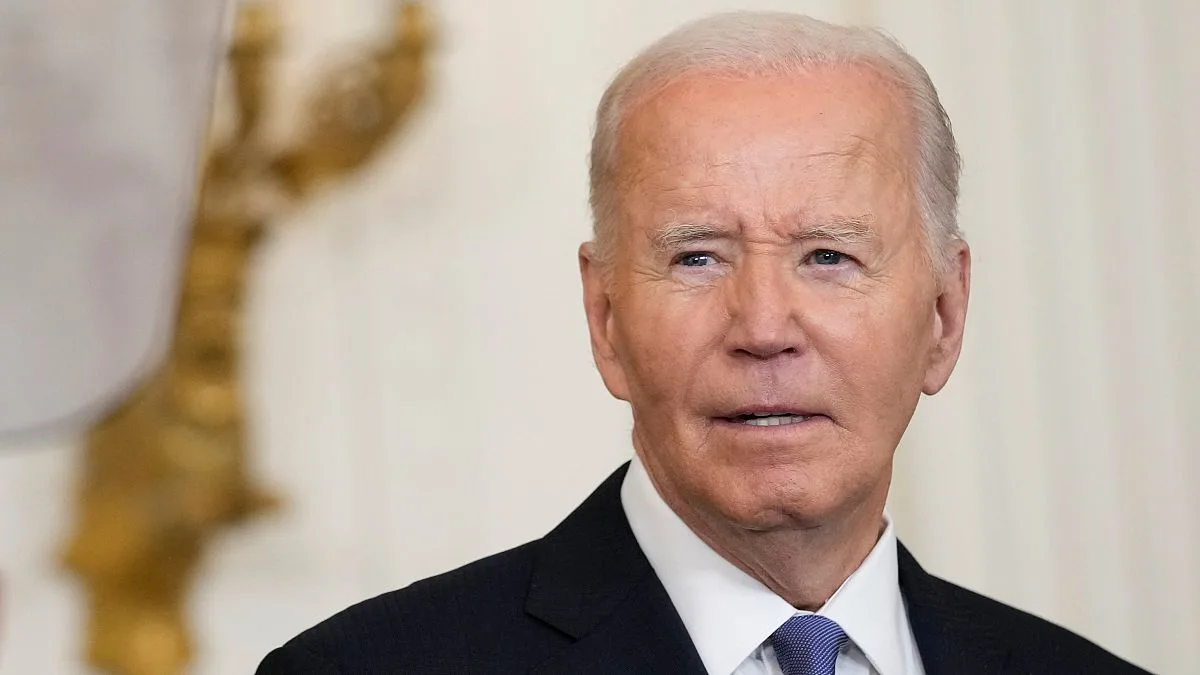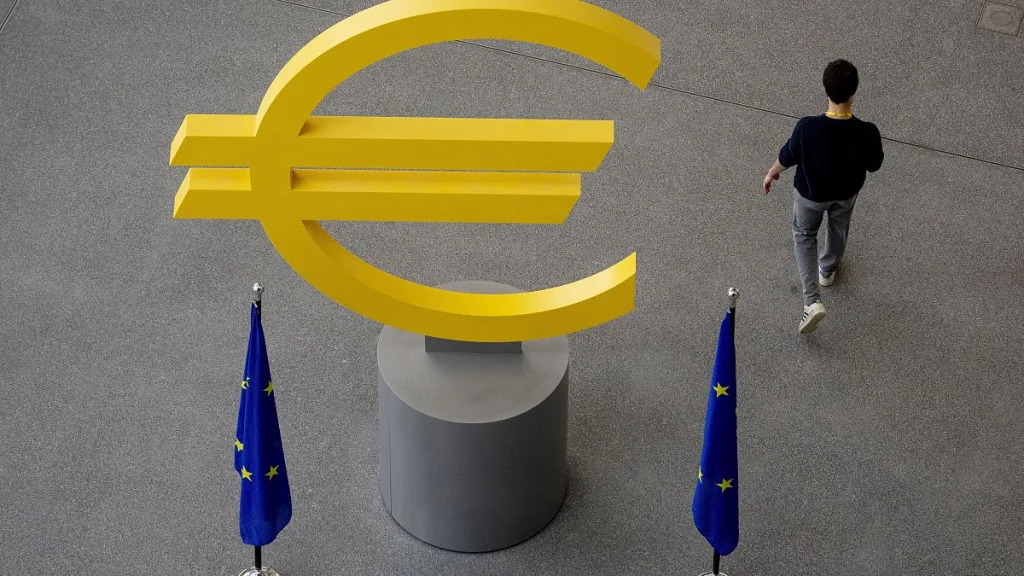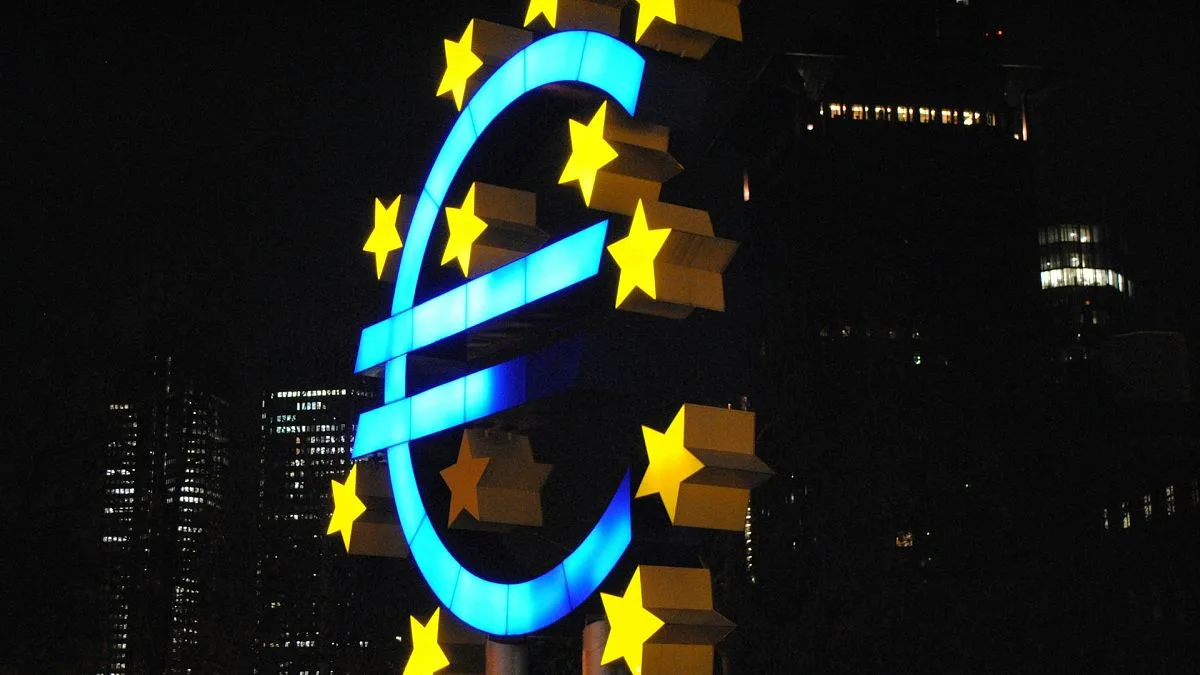This week, the US President is making a pivotal visit to Germany after Hurricane Milton caused him to postpone his original trip. With the upcoming US elections on the horizon, what implications could this visit have for NATO and the European Union (EU)?
President Joe Biden’s agenda includes an important meeting with German Chancellor Olaf Scholz, French President Emmanuel Macron, and UK Prime Minister Keir Starmer in Berlin, marking a significant moment as his presidency nears its conclusion.
The originally planned itinerary was set to feature a crucial discussion at Ramstein air base with Ukrainian President Volodymyr Zelenskyy and key European leaders. Following the postponement, Zelenskyy seized the opportunity to travel to London, Rome, Berlin, and Paris to unveil his “victory plan” to European allies.
With Biden preparing for a potential transition of power—either to former President Donald Trump or Vice President Kamala Harris—European governments are actively strategizing for both scenarios. A critical takeaway is that Europe must strive to reduce its reliance on the United States.
In an insightful dialogue with Rachel Tausendfreund, a respected transatlantic expert and senior fellow at the German Council on Foreign Relations (DGAP), Euronews explored the nuances of US-EU relations amidst ongoing talks concerning Ukraine’s prospects of joining NATO.
Tausendfreund emphasized the need for Europe to enhance its ammunition and weaponry procurement processes, highlighting that while individual nations are making their own purchases, the collective capacity falls significantly short of what is required.
“Currently, each country is procuring a fair amount of military resources independently,” Tausendfreund noted. “However, because NATO members are operating in isolation, the overall capacity is considerably less than what it could be.”
France advocates for developing fighter jets and munitions collaboratively within Europe, while nations like Germany prefer sourcing weapons based on cost-effectiveness, including from countries like Israel, which has created friction among EU states.
Implications for NATO if Trump assumes office
“There are two possible scenarios,” Tausendfreund explains. “The optimistic view held by the French perspective suggests that Europe recognizes it cannot indefinitely rely on the US and thus needs to establish strategic autonomy. This would also mean decreasing dependence on US military systems, which often require political backing for their usage.”
However, she cautioned that this optimistic outlook is unlikely, especially considering that Eastern European countries entwined with NATO, feeling vulnerable due to their proximity to Russia, will likely continue to depend heavily on their relationships with the US, which could perpetuate fragmentation within NATO.
Speaking about Ukraine’s future under a Trump presidency, Tausendfreund expressed concern that support for Ukraine could diminish. She anticipates that Trump would quickly push Ukraine into negotiations, leveraging military assistance as a bargaining tool to coerce Kyiv into discussions.
“By early January, negotiations will probably be unavoidable, regardless of the circumstances. Trump’s agenda will likely include orchestrating a deal he can present as a victory,” she remarked.
The most favorable outcome for NATO under Trump would hinge on a robust European response, fostering coordination with the UK, potentially leading to a Europeanized NATO that maintains the alliance’s strength.
“An ideal scenario would see NATO members achieving a situation where Europeans contribute 60% of the collective defense and deterrent capabilities,” Tausendfreund suggested.
However, if NATO allies and the EU fail to enhance their defense capabilities, they risk becoming considerably weaker by 2025.
Potential consequences for NATO if Harris prevails
“Under a Kamala Harris presidency, we anticipate perhaps one or two years of consistent support from the US, albeit with a focus on developing an exit strategy,” Tausendfreund stated.
A Harris administration could catalyze efforts within the EU to strengthen its internal coordination, particularly regarding defense strategies. Yet, if Europe remains divided in its decision-making, it could face serious downsides, resulting in diminished security by 2027 or 2028.
“The US inherently lacks the bandwidth to remain as focused on Europe as before,” she pointed out.
Addressing the situation in Ukraine, Tausendfreund conveyed that if Harris wins, we can expect the same level of rhetorical support as witnessed during the Biden administration.
“Moreover, I believe a substantial funding package could still be feasible, even with a Republican-controlled Senate, since a significant faction of Republicans supports aid to Ukraine—provided political pressures are manageable,” she noted.
The future of NATO and Zelenskyy’s ‘victory plan’
Regardless of the outcome of the presidential election, the urgency to bolster NATO’s military capabilities appears unlikely to wane. Without enhanced cooperation among member states, the prospect of a more assertive Russia may loom, leading to instability on the continent.
“Ukraine requires robust security assurances from NATO allies, whether through membership or bilateral guarantees. For these assurances to hold weight, the Europeans must step up their credibility as security providers,” Tausendfreund added.
“Zelenskyy’s plan is ambitious, outlining necessary measures for success. However, the likelihood of achieving this vision under Biden seems slim. Any support might be more forthcoming under a Harris administration,” she concluded.
Security experts are urging European nations to unify in their defense efforts and to expedite crucial decisions regarding the future of NATO.
Photo credit & article inspired by: Euronews



